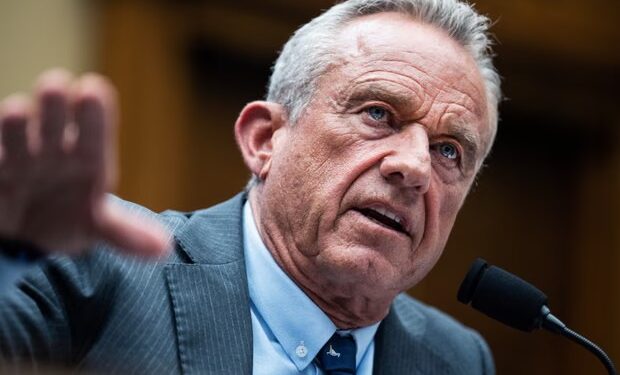Robert F. Kennedy Jr, now serving as U.S. Secretary of Health and Human Services, has renewed his attack on ultra-processed foods, warning that they are driving an epidemic of chronic disease. Yet nutrition experts say that several of the Trump administration’s economic policies risk strengthening the very industry practices Kennedy is trying to reform.
A health crusader inside the government
Long before joining the cabinet, Kennedy was an outspoken critic of industrial food production, linking additives, excessive sugar, and refined fats to rising rates of obesity, diabetes, and cardiovascular illness. As head of the Department of Health and Human Services, he has called for a “national shift back to real food,” including front-of-pack labelling, lower sodium and sugar targets, and tougher marketing restrictions for children.
However, his reformist stance has exposed a contradiction within the administration. While Kennedy advocates nutritional transparency and stronger oversight, the White House’s “Make America Healthy Again” agenda emphasises deregulation, lower production costs, and growth for food manufacturers—an approach that public-health specialists argue undermines his mission.
Deregulation meets public-health risk
Recent rollbacks of school-meal standards and labelling requirements have drawn sharp criticism from nutrition researchers, who say the measures encourage further consumption of cheap, calorie-dense processed foods. Expanded subsidies for corn and soy production, key ingredients in sweeteners and industrial oils, have also tilted incentives toward mass-produced snacks and soft drinks.
“The policy signals are mixed,” said one researcher at the Harvard T.H. Chan School of Public Health. “On the one hand, Secretary Kennedy talks about prevention and wellness; on the other, fiscal policy keeps fuelling the processed-food economy.”
Industry support, expert concern
Food manufacturers have praised the administration’s stance, claiming that reduced regulatory pressure spurs innovation and keeps prices low. But health campaigners warn that this short-term gain could entrench poor dietary habits, especially among lower-income Americans who already face the highest rates of diet-related illness.
Kennedy’s challenge, analysts say, lies in converting his public health rhetoric into enforceable standards—particularly on added sugar and sodium levels—while navigating political resistance from the agribusiness and food-processing sectors.
A test of credibility and policy coherence
With diet-related diseases accounting for nearly half of all U.S. healthcare spending, the stakes are high. If Kennedy can translate his advocacy into measurable change, he could reshape how America eats. If not, critics fear the “Make America Healthy Again” brand will remain little more than a slogan.
Newshub Editorial in North America – 23 October 2025




Recent Comments